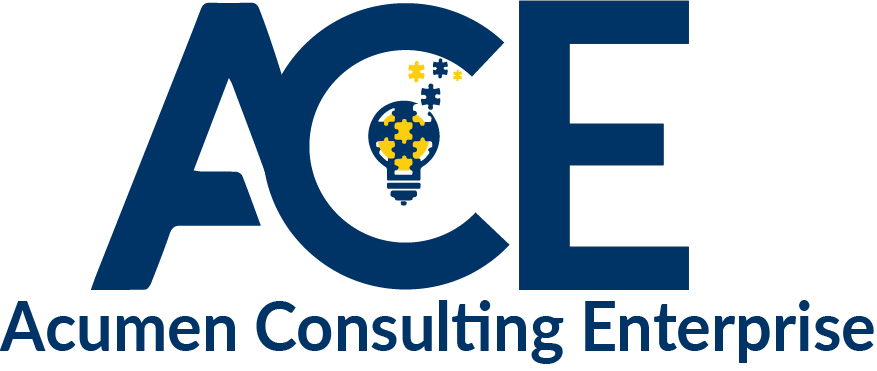
Management Information System MIS and ERP System
MIS (Management Information System) discusses to the use of technology, people, and processes to gather, process, store, and disseminate information in an organization. It provides timely and accurate data, analytics, and reports that help executives and managers make informed choices. Some key components of MIS include: Data Collection and Process (DCP), Reporting and Analysis, Decision Support System (DSS), Business Intelligence (BI) and Power BI.
ERP consulting focuses on implementing integrated software systems that streamline and automate core business processes across an organization, providing a unified view of operations. We provide the services of installation and Training for Customized ERP system as per the business needs and requirements.
Core MIS Consulting
Needs Assessment: Conducting comprehensive assessments to understand the organization’s information requirements and existing systems.
System Design and Implementation: Designing custom MIS solutions tailored to specific organizational needs, including reporting systems, data management, and decision support tools.
Goal Alignment: Overseeing the implementation of these systems to ensure they align with organizational goals and processes.
Data Management: Developing strategies for data collection, storage, analysis, and reporting to enhance data accuracy and accessibility.
Performance Monitoring: Setting up performance metrics and dashboards to provide insights into key business operations and support strategic decision-making.
Training and Support: Providing training to staff on the effective use of MIS tools and offering ongoing support to address any issues and optimize system performance.
Core ERP Consulting
Requirement Analysis: Assessing the organization’s processes and identifying needs for ERP functionalities, such as finance, HR, supply chain, and manufacturing.
System Selection and Customization: Assisting in selecting the right ERP system that matches organizational requirements and customizing it to fit specific business processes.
Implementation Planning: Developing a detailed implementation plan, including timelines, resource allocation, and risk management strategies.
Integration and Data Migration: Overseeing the integration of the ERP system with existing systems and managing the migration of data to ensure continuity and accuracy.
Change Management: Managing the transition to the new ERP system by preparing and supporting staff, addressing resistance, and ensuring a smooth adoption process.
Post-Implementation Support: Providing ongoing support and maintenance, including troubleshooting, updates, and optimization to ensure the ERP system continues to meet evolving business needs.
Our Consulting Approach
Strategic Alignment: Both MIS and ERP consulting services start with a strategic alignment to ensure that the systems and processes are designed to support the organization’s overall goals and objectives.
Stakeholder Engagement: Engaging with key stakeholders to gather input, ensure buy-in, and address any concerns throughout the consulting process.
Change Management: Implementing effective change management practices to facilitate smooth transitions and enhance user acceptance of new systems.
Continuous Improvement: Monitoring system performance and making iterative improvements based on feedback and evolving business needs.
MIS and ERP consulting services enable organizations to optimize their operations, leverage data for better decision-making, and enhance their strategic capabilities. This comprehensive approach ultimately drives improved business outcomes, including increased efficiency, cost savings, and a competitive edge in the marketplace.

